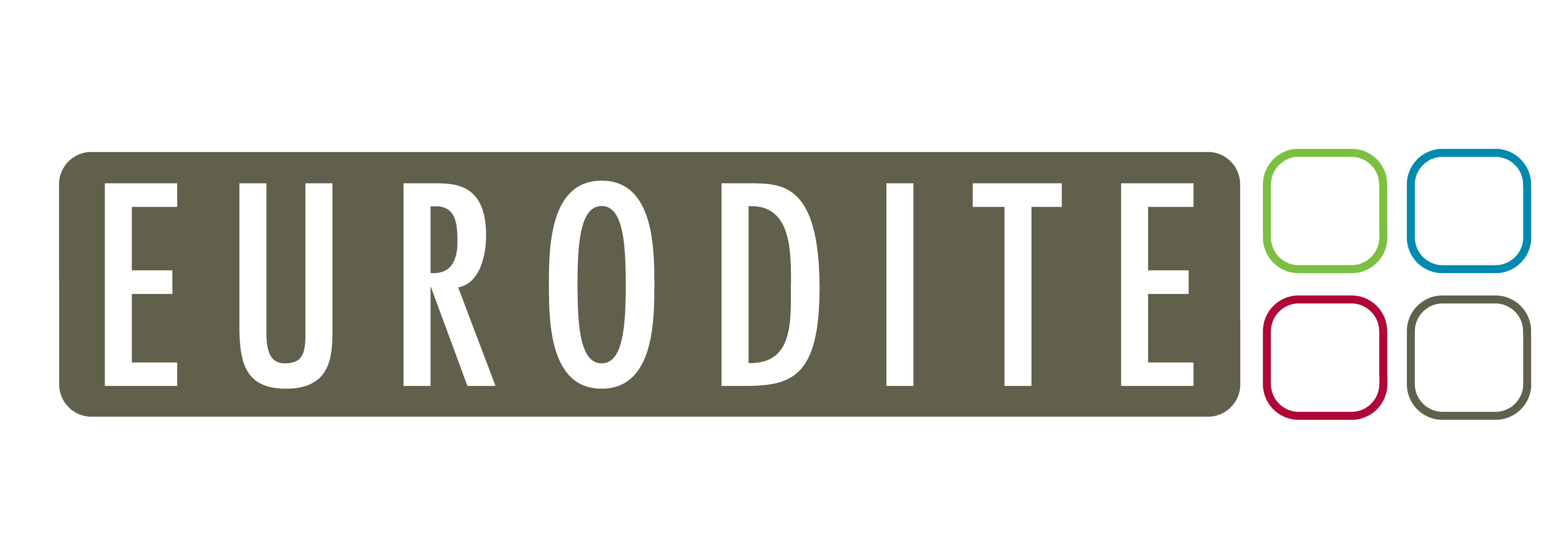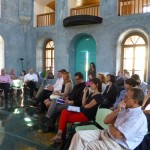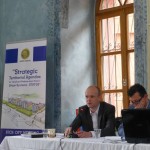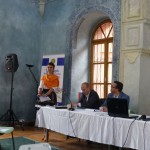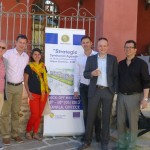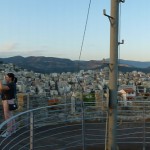The STATUS project has started with a successful kick-off in on 9 and 10 May. It took place in the lead-partner’s hometown: Kavala in Greece. The 2-day meetings offered good opportunities for the project partners and experts present to meet with each other and exchange experiences and ideas on the strategic planning issues that they are dealing with. All 21 partners show high interest in the project and are committed to the activities planned. The partner cities and regions already made a first step: they prepared a presentation in which they explained their current state of affairs and the challenges they are facing.
Overall considerations and conclusions:
The experts emphasized the need for integrated approach, for a broad overview of the global situation and the need to align to it and consider it in setting the trends for local development. Urban and regional competitiveness is the driving force for development. Boundaries are less and less obvious, projects are looking more and more at cross border scenarios, the need for cooperation and collaboration is no longer bound by administrative delineations. Urban agendas and urban task forces are the binding element between regions, and stakeholders. Planning paradigms are changing all over the world as cities, regions, provinces have different needs, that change at a very fast pace. Connectivity, collaboration and integration have become standing stones for sustainable development.
The process of planning should be more important that the products deriving from it – the plans, which in most cases become obsolete before they even make it out of the print. We live in a time of fast, unpredictable changes, where planning is becoming increasingly complex. (Derek Martin, IFHP) Moreover plans and strategies should be pro-active, in the sense that they should also envision how they will be implemented. Experts also brought on the table the high importance and necessity for networking alliances, subsidiarity – as main driver for innovation and change, multi-level governance – entailing good interaction between political levels and place based development.
And last but not least, the discussion focused on the necessity of having coherent actions on different scales and realizing that projects should keep in mind their effect on the scale wider than the area of intervention. Mr. Jaap Modder led the discussion on implementing a successful urban centers (UC) and urban task force (UTF), mentioning as key elements: high level of activity in various fields: cultural, economic, even touristic; keep in mind the scale, capacity and possibilities of the body implementing the UC, engage locals and “celebrate variety” of the possibilities to organize the UC: round tables, debates, conferences, open sessions. The elements provided within the project should be adapted to local situation and needs. One of the most important aspects is CONTINUITY of the process.
On the second day Mr Giovanni Ginochinni, director of Urban Center Bologna gave an inspiring presentation on urban centers in Italy: what they entail, how they function, necessities and bottlenecks of setting up such a structure.
